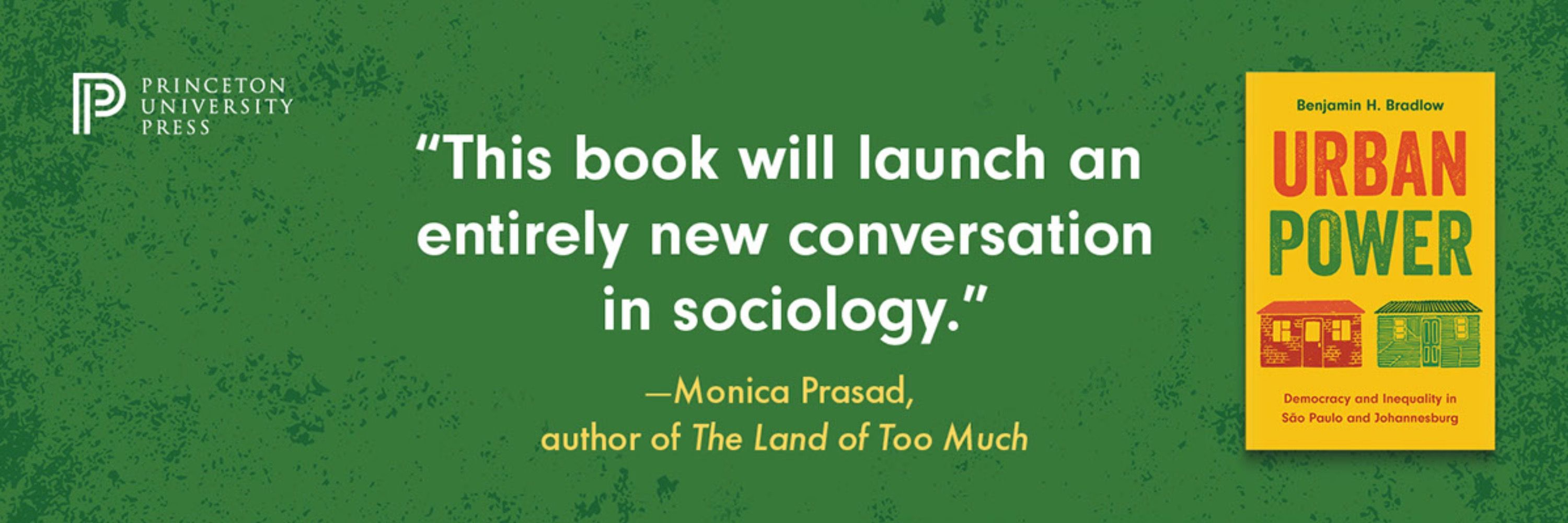
Visiting Researcher, Wits Southern Center for Inequality Studies.
CIFAR Azrieli Global Scholar.
Climate, urbanization, tech, democracy, Global South.
bradlow.princeton.edu
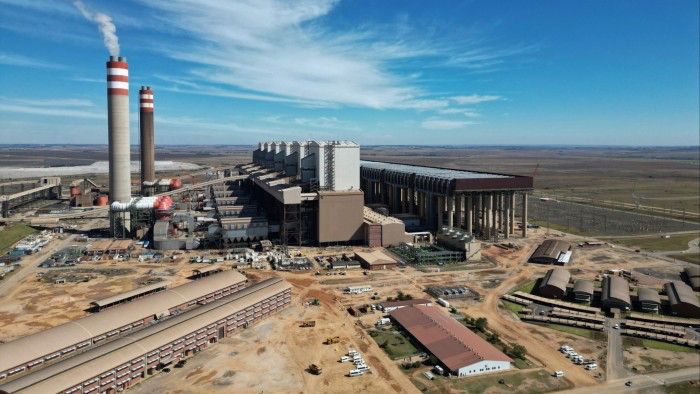
on.ft.com/4kKqiTb
The growing Brics divide between carbon and electro-states




#EarlyView in #BJS ➡️ onlinelibrary.wiley.com/doi/full/10....

#EarlyView in #BJS ➡️ onlinelibrary.wiley.com/doi/full/10....
press.uchicago.edu/ucp/books/bo...
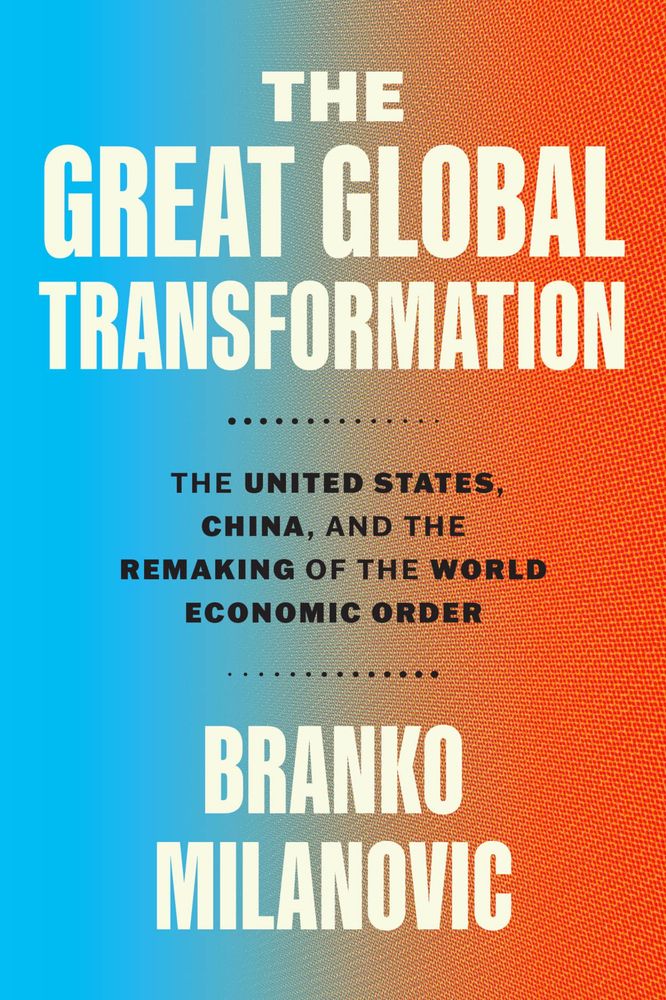
press.uchicago.edu/ucp/books/bo...
www.ft.com/content/f85a...

www.ft.com/content/f85a...
www.nytimes.com/2025/11/06/c...

www.nytimes.com/2025/11/06/c...
If the US wants to pursue bringing back manufacturing with this kind of profound uncompetitiveness, the country is heading towards an even more wasteful and plutocratic future than the present.

If the US wants to pursue bringing back manufacturing with this kind of profound uncompetitiveness, the country is heading towards an even more wasteful and plutocratic future than the present.
restofworld.org/2025/china-e...

restofworld.org/2025/china-e...
Illustration: Dan Williams

Reading this en route to what was once technological ground zero for car manufacturing: Detroit, “Motor City”.
@tomsugrue.bsky.social @rkeil.bsky.social

Reading this en route to what was once technological ground zero for car manufacturing: Detroit, “Motor City”.
@tomsugrue.bsky.social @rkeil.bsky.social
Other sources are going to grow.
As electricity and energy minister Ramakgopa put it:
“We are going to get cleaner, but we are not abandoning coal. We don’t have a coal problem. We have an emissions problem.”
www.opis.com/resources/en...
Other sources are going to grow.
As electricity and energy minister Ramakgopa put it:
“We are going to get cleaner, but we are not abandoning coal. We don’t have a coal problem. We have an emissions problem.”
www.opis.com/resources/en...

www.amazon.com/dp/0691237123
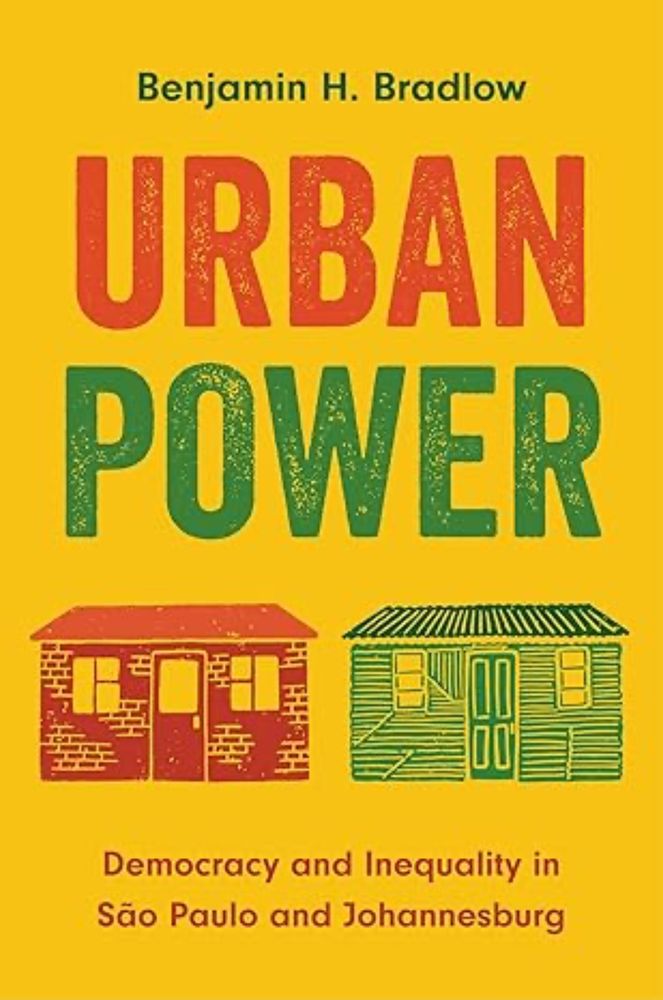
www.amazon.com/dp/0691237123
More to come…
More to come…
doi.org/10.1111/1468...



doi.org/10.1111/1468...
techcentral.co.za/byd-south-af...

techcentral.co.za/byd-south-af...
theicct.org/publication/...
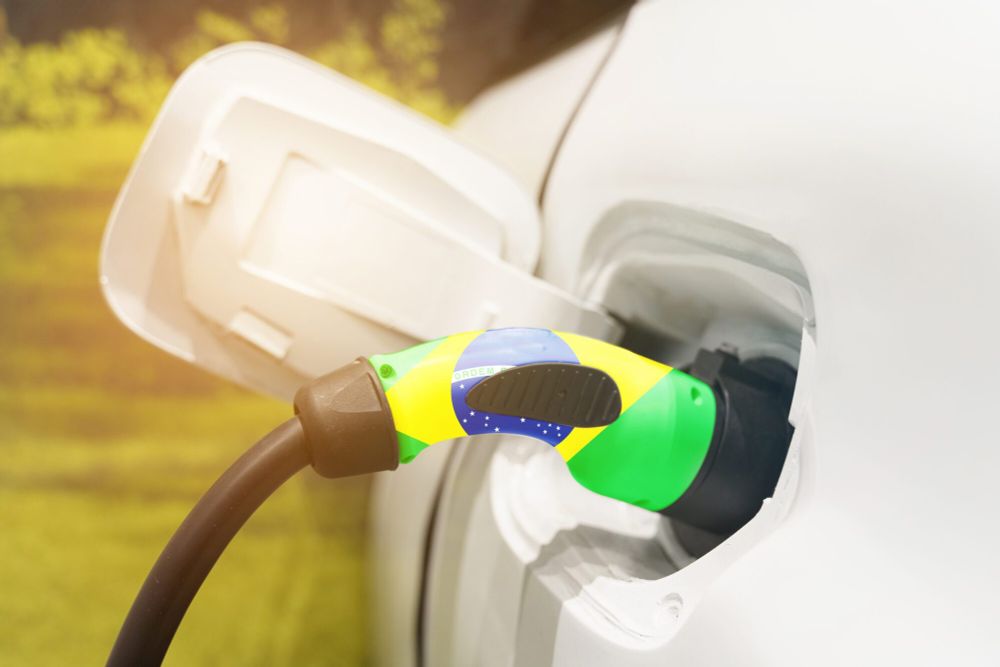
theicct.org/publication/...
on.ft.com/4nY0RAe

on.ft.com/4nY0RAe
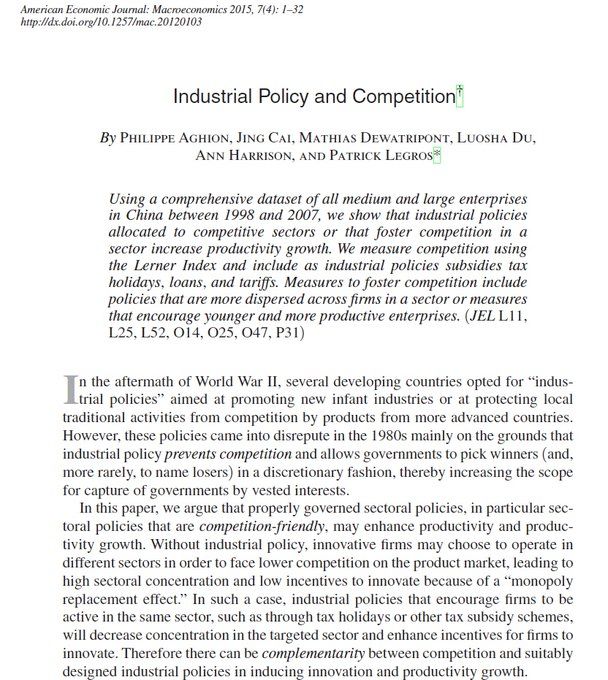

on.ft.com/4n0am0b ‘The Stella show’: the executive at the heart of BYD’s global push
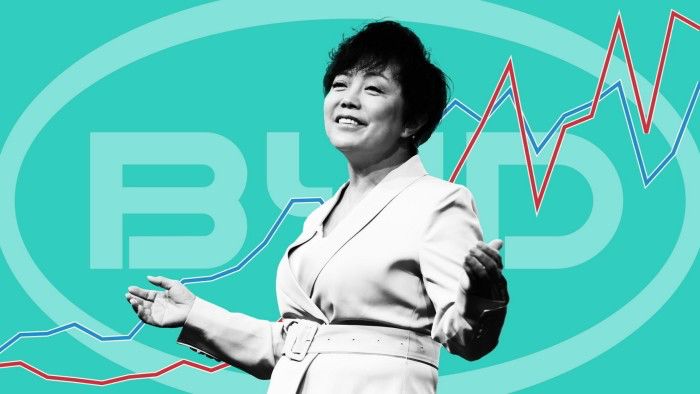
on.ft.com/4n0am0b ‘The Stella show’: the executive at the heart of BYD’s global push

